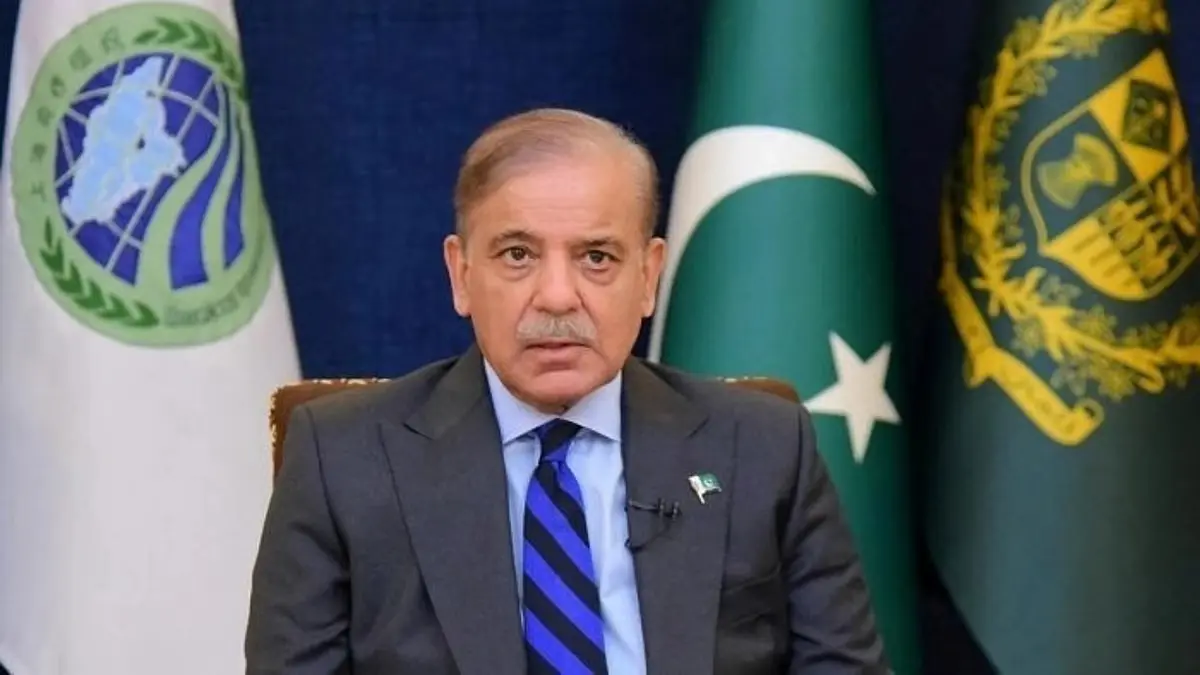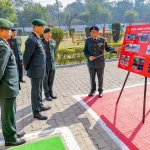A powerful suicide bombing at Islamabad’s G-11 judicial complex on Tuesday claimed the lives of 12 people, marking one of the deadliest terror incidents in Pakistan’s capital in recent years. The Tehreek-e-Taliban Pakistan (TTP) claimed responsibility for the attack, but Prime Minister Shehbaz Sharif controversially blamed both India and Afghanistan for allegedly supporting the perpetrators.
In a strongly worded statement reported by the Associated Press of Pakistan (APP), Sharif described the attackers as “Indian-sponsored terrorist proxies” and accused New Delhi of pursuing “state-sponsored terrorism aimed at destabilizing Pakistan.” He further claimed that the suicide attack originated from Afghan soil “with India’s backing.”
Sharif said Afghanistan must act against terrorist groups operating from its territory, asserting that “lasting peace can only be realised by reining in TTP and other terrorist organisations.” He reiterated Islamabad’s stance that the TTP enjoys safe havens across the Afghan border — an allegation the Taliban regime in Kabul has consistently denied.
The Pakistan PM linked Tuesday’s bombing to an earlier attack in Wana, Khyber Pakhtunkhwa, where three people were killed outside a Cadet College on Monday. He claimed both attacks were part of a coordinated campaign by TTP militants operating from Afghanistan.
Addressing the Inter-Parliamentary Speakers’ Conference in Islamabad, Sharif said such attacks “cannot shake Pakistan’s resolve to root out terrorism completely.”
India has not officially responded to the allegations as of Tuesday evening, but has previously dismissed similar claims by Islamabad as baseless attempts to deflect blame for internal security failures.
The Islamabad court complex blast marks the first major suicide bombing in the federal capital since December 2022. The explosion came as Pakistani forces battled militants in Wana, underscoring a renewed wave of insurgent activity across the northwest.
The attack also comes amid heightened tensions between Pakistan and Afghanistan. In October, both sides engaged in their deadliest border clashes in years, killing over 70 people, including around 50 Afghan civilians, according to the United Nations.
Defence Minister Khawaja Asif called the Islamabad bombing “a wake-up call,” warning that peace talks with the Taliban government in Kabul were unlikely to yield results. “In this environment, it would be futile to hold out greater hope for successful negotiations with the rulers of Kabul,” Asif wrote on X.
The bombing highlights Pakistan’s deepening security crisis, driven by a resurgence of militancy in its border regions and a fragile relationship with the Taliban-ruled Afghanistan — even as Islamabad continues to externalise blame toward India for its growing instability.













